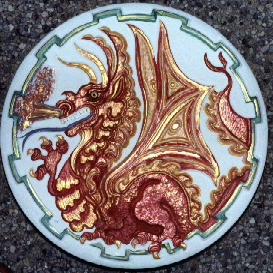
Eastern world • The Orient • Orientalism • Asia
The Orient is a term traditionally used in Western culture to refer to the Middle East (Southwest Asia and Egypt), South Asia and East Asia.
 Derivation
DerivationTraditionally, the Orient referred primarily to the cultures and countries of what are now considered the Middle East. This particularly included regions that used to be known as Persia, Mesopotamia, Asia Minor, and Egypt. As awareness of the countries of Eastern Asia grew in Western European and American consciousness in the late 19th century, the term came to refer to China, Japan, Korea, and surrounding nations; remnants of the older conception of the Orient still exist in the English language in such collocations as Oriental rug and Oriental harem.
"Oriental" has been used by the West as a term to describe cultures, countries, peoples and goods from the Orient. Oriental is also used as an adjective akin to "eastern", especially in the Spanish-speaking world. For example, the Philippine island Mindoro is divided into two provinces whose titles include the words "oriental" and "occidental" respectively. The official name of Uruguay is the República Oriental del Uruguay or Oriental Republic of Uruguay because it is located to the east of the Rio de la Plata.
Usage of term
Although oriental is generally considered a neutral term in the United Kingdom, other parts of the Commonwealth and most of Europe, However, the same reference also defines the adjectival usage as "relating to East Asia (dated)" or "high quality".
Perceptions and connotations
Major objections to the use of the word "Oriental" to describe people are chiefly limited to North America. Its use is not controversial in Europe, where the word is neutral and in widespread usage , including Nile-to-Oxus. None of these have stuck, however.

No comments:
Post a Comment